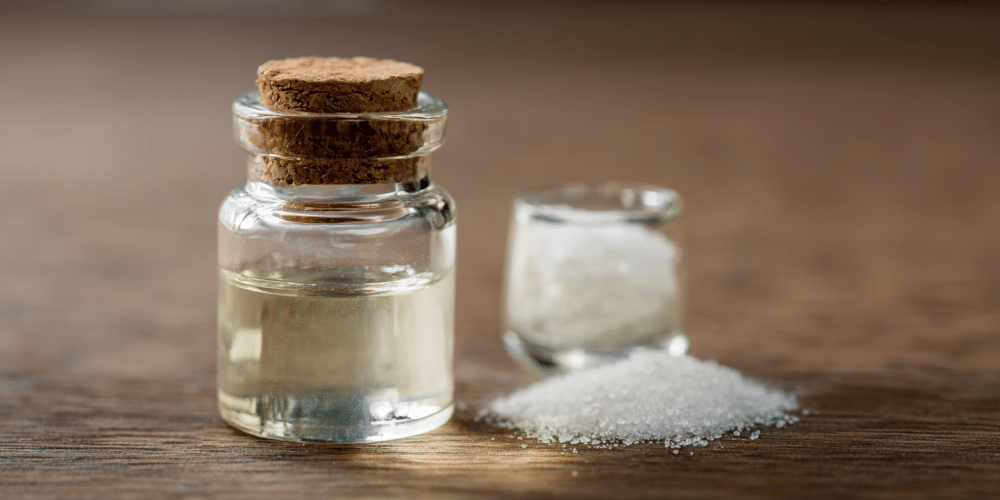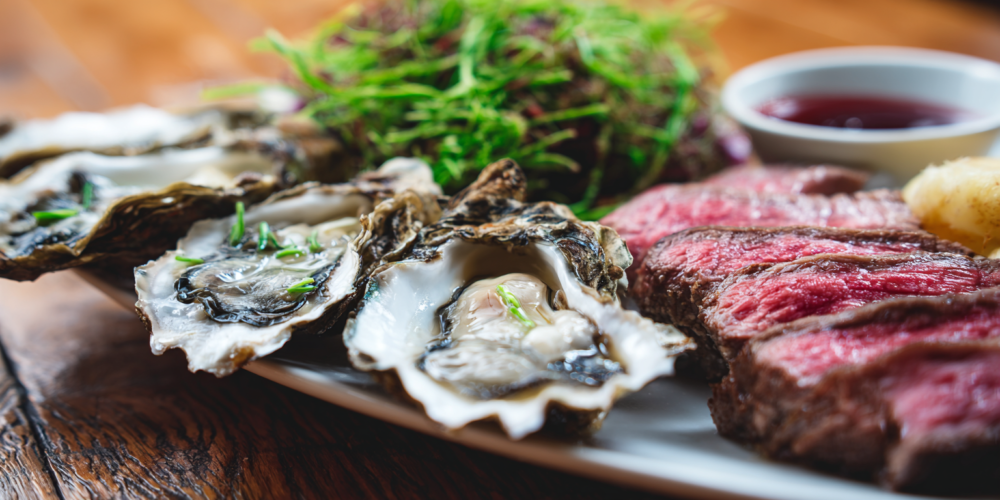
Let’s get straight to the point: without zinc, you would not survive. It’s a statement that sounds dramatic, but it’s the biochemical truth. This essential trace mineral is a critical component for between 200 and 300 different enzymes in your body. These enzymes are the microscopic workers that build proteins, heal wounds, support your immune system, and even allow you to taste and smell your food. Given its importance, it’s no wonder that so many people are reaching for zinc supplements. But here’s the problem: most people are taking it wrong.
In your quest for better health, you might be making some critical errors that could not only render your zinc supplement useless but could even cause other health problems. It’s not just about popping a pill; it’s about understanding how this powerful mineral works in harmony with your body. We’re going to dive deep into the four biggest mistakes people make with zinc, why they happen, and exactly what you need to do to correct them. Getting this right is fundamental to your health, from your immune defenses to your hormonal balance.
Key Takeaways
- Balance is Everything: Taking too much zinc without its partner mineral, copper, can lead to a copper deficiency. The ideal supplementation ratio is approximately 10:1 zinc to copper.
- Zinc Doesn’t Work Alone: For your body to properly utilize zinc, it needs crucial co-factors, including magnesium, vitamin B6, and folate. Taking zinc in isolation is far less effective.
- Test, Don’t Guess: You don’t have to wonder if you’re deficient. A simple, at-home zinc taste test can give you a clear indication of your zinc status, which is more reliable than looking for white spots on your nails.
- Your Lifestyle Dictates Your Needs: Many common factors—like consuming grains, drinking alcohol, aging, and even exercising—increase your body’s demand for zinc. The standard RDA might not be enough for you, with a therapeutic dose often being 30-40 mg per day.
1. Mistake #1: Taking Too Much Zinc (And Creating a Copper Deficiency)

One of the most common mistakes is thinking that more is always better. You might hear about zinc’s incredible immune-boosting properties and decide to take a high dose, especially when you feel a cold coming on. While a short-term, high-dose course (say, 100-200 mg for just three days) can be beneficial during an active infection, continuing this for weeks or months on end is a recipe for trouble. The primary issue is the relationship between zinc and copper.
These two minerals are like competitive siblings; they fight for the same absorption pathways in your gut. When you flood your system with high levels of zinc, it effectively bullies copper out of the way, preventing it from being absorbed. This can lead to a copper deficiency, which comes with its own set of problems, including fatigue, weakened immunity, and neurological issues. You might be taking zinc to help your immune system, but by creating a copper deficiency, you could inadvertently be weakening other parts of it.
There’s a simple solution: if you’re taking a zinc supplement, make sure you’re also getting copper. A good rule of thumb is a 10:1 ratio. For every 30 mg of zinc you take, you should aim for about 3 mg of copper. It’s important to note that this concern applies almost exclusively to supplements. If you’re getting your zinc from whole foods like oysters, red meat, or shellfish, you don’t need to worry about this imbalance, as nature provides these nutrients in a more complete package.
2. Mistake #2: Ignoring Essential Co-Factors

Imagine trying to build a house with just a hammer. You might have the best hammer in the world, but without nails, wood, and a saw, you’re not going to get very far. The same principle applies to nutrients in your body. Zinc is the hammer, but it needs co-factors—other vitamins and minerals—to do its job effectively. Taking a high-dose zinc supplement without these supporting nutrients is like having a hammer with no nails.
When you’re deficient in zinc, you experience a wide range of symptoms: hair loss, a diminished sense of taste and smell, low libido, and a weak immune system. This is because zinc is required for the enzymes that govern these functions. But those enzymes also require other nutrients. Three of the most important co-factors for zinc are:
- Magnesium: If you are deficient in magnesium, which a huge portion of the population is, zinc simply won’t work as well for you. Magnesium is a master mineral involved in over 300 enzymatic reactions itself.
- Vitamin B6: This vitamin is a crucial activator for magnesium and is vital for creating the neurotransmitters that regulate your mood. It’s also essential for hormonal balance, which is why it’s often recommended for PMS. B6 helps reduce fluid retention and inflammation, which is why it’s a known remedy for carpal tunnel syndrome.
- Folate: This B vitamin is essential for making DNA and red blood cells and preventing inflammation in your arteries. Your body needs adequate folate for zinc to perform its many functions.
This is why taking a single, isolated nutrient for a long time is often a poor strategy. Your body works as a complex, interconnected system. To get the real benefits of zinc, you need to ensure you have its key teammates on board.
3. Mistake #3: Not Knowing If You’re Actually Deficient

Many people supplement based on something they read or heard, without ever confirming if they actually need it. While you might have heard that little white specks on your fingernails indicate a zinc deficiency (which can be true), it’s not the most reliable method. There is a much better, more definitive way to check your status at home: the zinc taste test.
You can buy a small bottle of liquid zinc sulfate online or at a health food store. The test is simple: put about a teaspoon of the liquid in your mouth, swish it around for about 30 seconds, and pay attention to the taste. You don’t swallow it. If you are sufficient in zinc, you will immediately notice a strong, unpleasant, metallic taste. If you are deficient, it will taste like plain water, or you might only notice a very faint taste after 20-30 seconds. The worse it tastes, the better your zinc levels are. This works because your taste buds require zinc to function properly. A deficiency in zinc means your taste receptors can’t detect the zinc in the solution. This simple test empowers you to know your status instead of just guessing.
Once you know, you can focus on consuming zinc-rich foods. The best sources are found in the sea—shellfish, oysters, and seaweed are packed with zinc and other trace minerals. On land, red meat and liver are also excellent sources. It’s worth noting that the zinc from these animal sources is much more bioavailable and easily absorbed by your body than zinc from plant-based sources.
4. Mistake #4: Taking Far Too Little Zinc

Just as taking too much zinc is a problem, taking too little can be just as bad, leaving you vulnerable to the very issues you’re trying to prevent. Many people’s diets and lifestyles actively work against maintaining adequate zinc levels. Several factors can either block zinc absorption or deplete your body’s stores, meaning you need much more than you think.
Here are some of the biggest culprits that increase your demand for zinc:
- Phytic Acid in Grains: If your diet is heavy in grains, breads, and cereals, you’re consuming a lot of phytic acid. This compound binds to minerals like zinc in the gut and prevents their absorption. This is a primary reason why many children who consume a lot of cereal are deficient.
- Low Stomach Acid: As you age, your production of stomach acid naturally declines. You need strong stomach acid to ionize and absorb minerals from your food. If your stomach acid is weak, you simply can’t absorb zinc and other key minerals effectively, no matter how much you consume.
- Alcohol: Drinking alcohol depletes a wide range of nutrients, and zinc is high on that list.
- High Blood Sugar: People with diabetes or insulin resistance are almost always deficient in zinc. High levels of sugar in the blood cause the body to excrete zinc through the urine.
- Hormonal Factors: Being pregnant or taking birth control pills increases your body’s need for zinc due to the influence of estrogen.
- Lifestyle Factors: The more you exercise and the more muscle mass you have, the more zinc you need for repair and function. Zinc is also critical for healing, which is why zinc carnosine is a top remedy for stomach ulcers. Even frequent ejaculation can deplete zinc, as semen contains high concentrations of the mineral.
Considering these factors, the average person often needs a therapeutic dose of at least 30-40 milligrams per day to overcome these depletions and see a real benefit. For your supplement, look for a form that’s easily absorbed, like a zinc amino acid chelate (e.g., zinc glycinate). You’ll get slightly better absorption by taking it with a meal, but taking it on an empty stomach is also perfectly fine and effective.
Conclusion

Zinc is undeniably one of the most important minerals for your health, but using it correctly is paramount. By avoiding these four common mistakes—taking too much without copper, ignoring co-factors, not testing for deficiency, and underestimating your daily needs—you can transform zinc from a simple supplement into a powerful tool for your well-being. Listen to your body, understand your unique needs, and approach your health with a balanced and informed perspective. When you do, you unlock the true potential of this vital nutrient and take a significant step toward optimizing your health.

